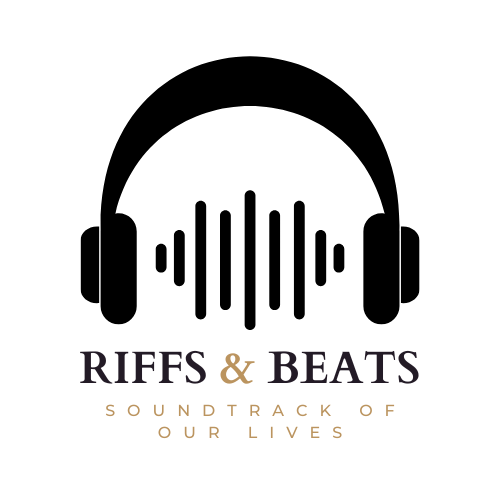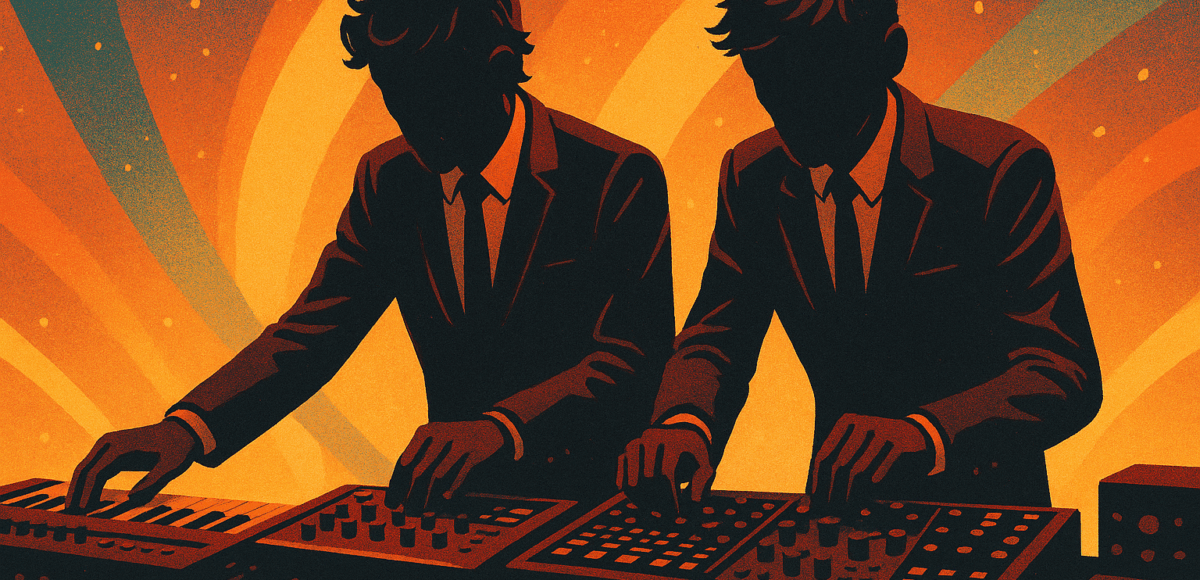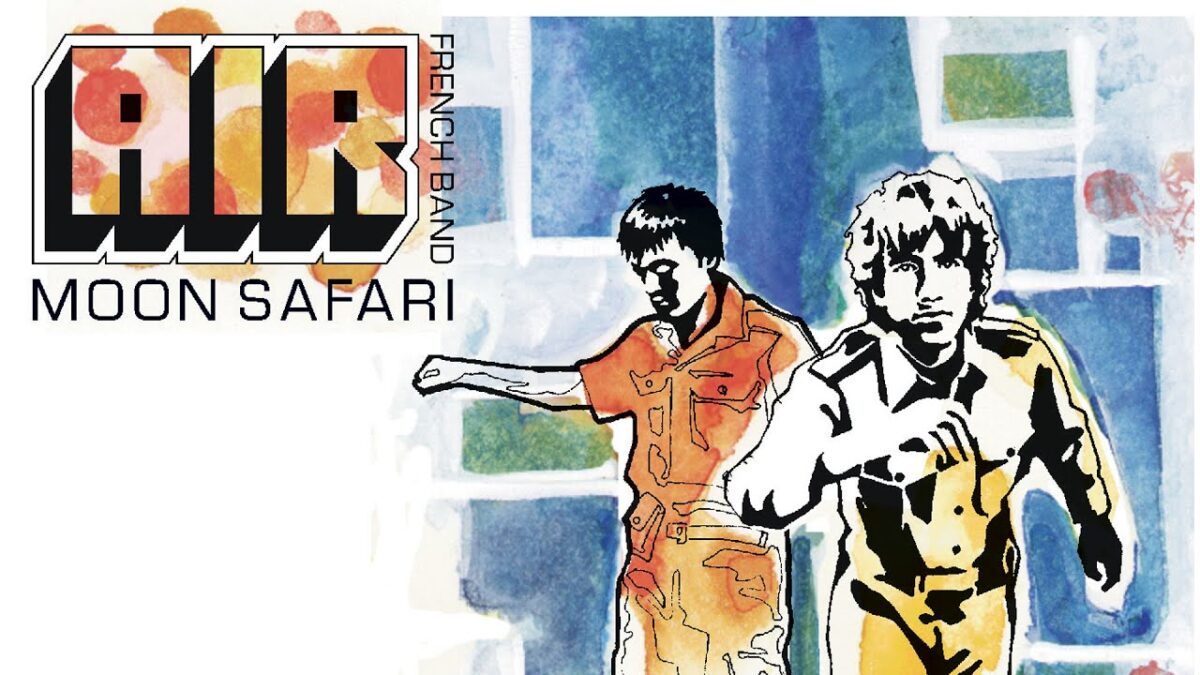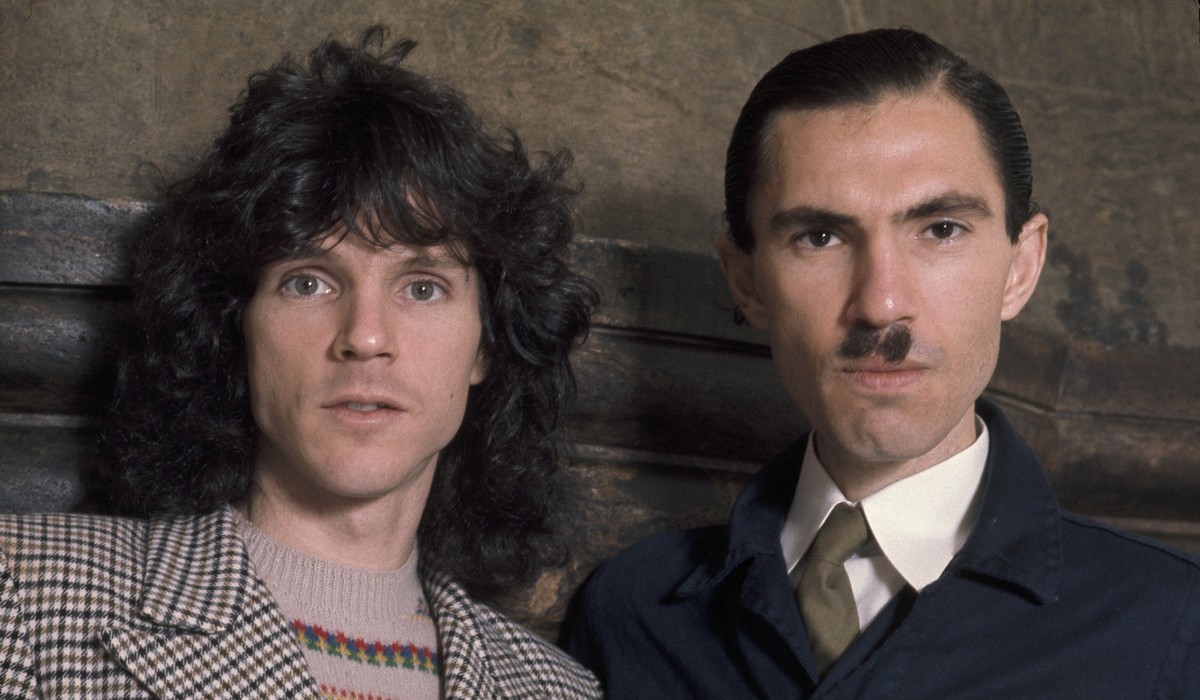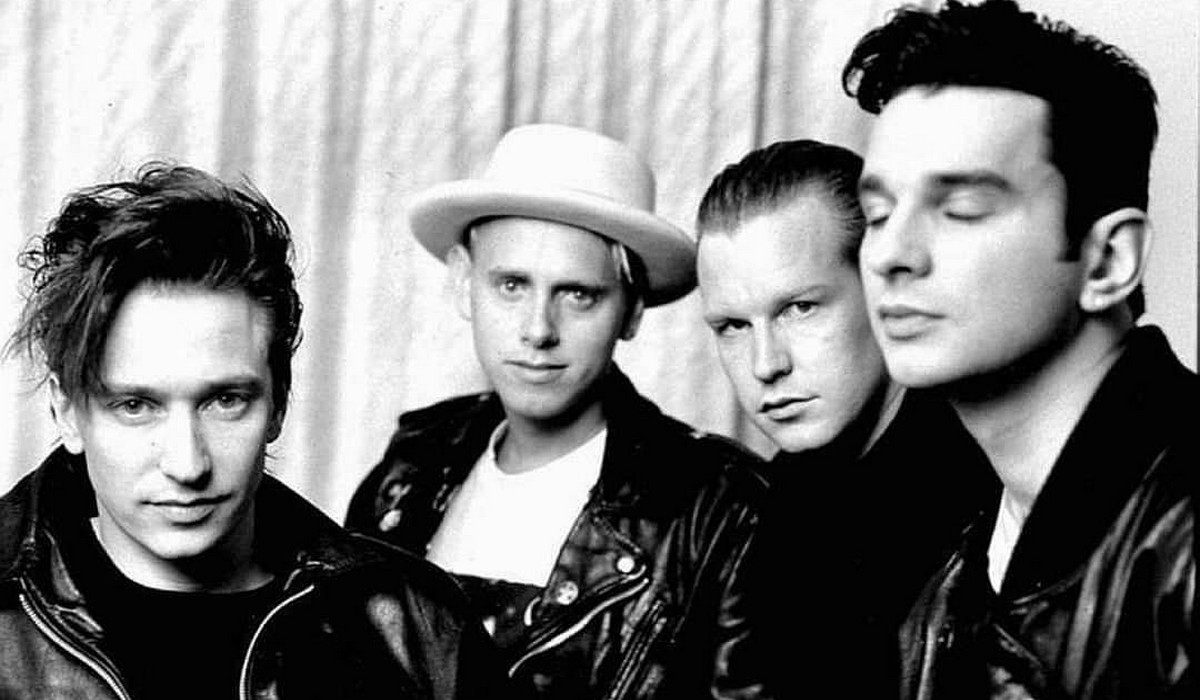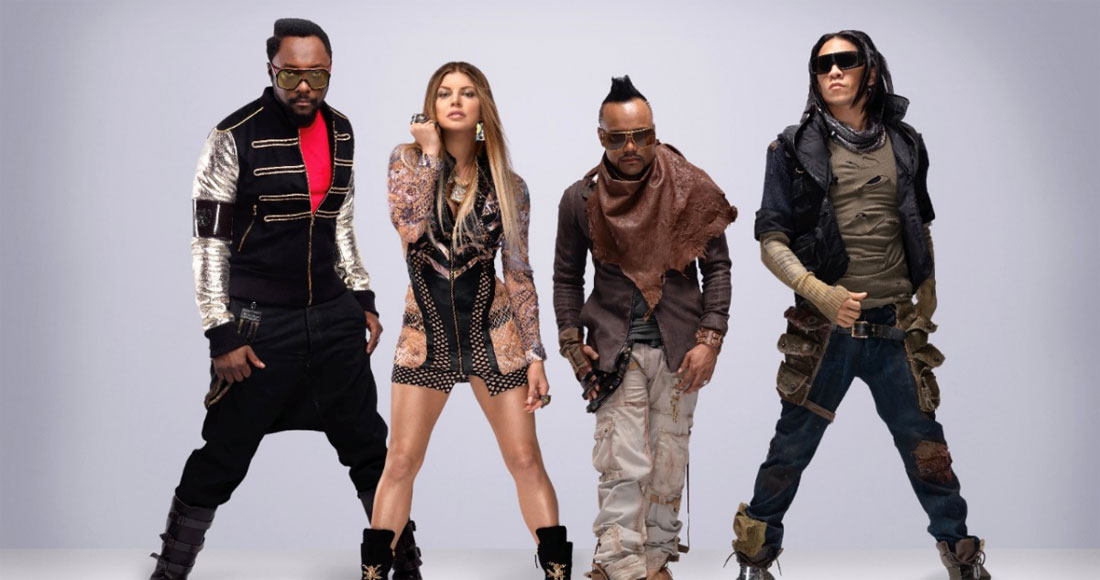Fame, funk, and the french touch unmasked
When Thomas Bangalter first walked into the Rue Saint-Maur studio with a bag of croissants and a midi keyboard tucked under his arm, nobody suspected he was about to reinvent pop music. Least of all Guy-Manuel de Homem-Christo, who was crouched on the floor untangling a knot of cables that looked suspiciously like a small techno octopus.
Their early collaborations were less about destiny and more about chaos. The two Parisians bonded over shared musical obsessions and an alarming caffeine intake. At first, they tried forming a rock band called Darlin’, but it lasted about as long as a baguette in a hungry student’s apartment. After one particularly bad gig in a bowling alley, where their amps shorted out and they were paid in nachos, they decided they needed to change direction.
It wasn’t just the music that changed. Something clicked one afternoon when Thomas accidentally reversed a Chic sample and laid it over a house beat while Guy was shouting at the broken coffee machine. The machine spluttered, the sample looped, and they both stopped and stared at each other like two scientists who had just discovered fire in a test tube.
Within a year, they were known in Paris’s underground scene as the French duo who made house you could fall in love to. Their debut single “Alive” was played endlessly in dim-lit clubs across Europe. What set them apart wasn’t just the sound, which throbbed with filtered disco joy, but the way they performed it – full of movement, improvisation, and a near-manic devotion to every beat.
By 1997, Homework landed with the subtlety of a rave in a library. Their faces were everywhere – on CD covers, in club flyers, behind turntables, even featured in a surprisingly tasteful Vogue spread titled Beats and Baguettes. Thomas, always the taller and more intense of the two, was dubbed the prophet of groove, while Guy-Manuel, with his mop of curls and permanent five o’clock shadow, earned the moniker le magicien silencieux. Neither of them particularly liked the nicknames, but they leaned into the myth just enough to make the press happy.
The media loved them. Maybe too much.
A British tabloid once tried to claim that they were dating each other, based solely on the fact that they both liked espresso and wore leather jackets. The rumor spiraled until a German magazine ran a ten-page photo essay of “the romance that shaped French house.” In response, Thomas and Guy posed for a mock wedding shot in Le Monde, holding synthesizers instead of rings.
If it bothered them, they never said. They were too busy working on Discovery.
That album changed everything. Not just for them, but for pop. Instead of digging deeper into the club scene, they exploded into the mainstream with songs that felt like lullabies for a neon-lit utopia. Digital Love, Harder Better Faster Stronger, One More Time – each track was a love letter to melody, to machines, and to all the kids who grew up with dreams powered by cassette tapes.
Their faces were now etched into pop culture. Guy was offered a cameo in a Jean-Pierre Jeunet film. Thomas accidentally became the face of a high-end perfume called Électrique. Every time they stepped into a room, you could feel the temperature shift. They didn’t try to be mysterious. They just were.
Still, fame has a funny way of humming under your skin.
By 2005, Thomas was starting to feel like a bit of a fraud. At a press conference in Tokyo, when a journalist asked how it felt to be a “global architect of joy”, he blinked twice and muttered something about just wanting to fix his dryer. Guy, for his part, was becoming increasingly reclusive, often escaping to a vineyard in Bordeaux where he claimed the grapevines were better company than critics.
But the music kept coming. Human After All arrived like a cold wave. Stark, repetitive, borderline aggressive – it baffled critics. One headline read: “Daft Punk Gets Existential. Fans Confused. Dance Floors Still Full.”
In private, they laughed. They had always known people would misread that album. It wasn’t about the future. It was about the now – the suffocating, glitching, digital-now that kept speeding up while everyone smiled politely.
Then came Coachella.
In 2006, they performed a set that didn’t just raise the bar – it launched the bar into orbit. They stepped onto a pyramid-shaped stage surrounded by LED walls, launched into Robot Rock (a name now considered a brilliant bit of irony), and made thousands of sunburnt Californians believe in transcendence.
Kanye West saw them live and called them alien gods of melody. He later sampled them without asking. Thomas didn’t mind. Guy grumbled, but admitted the remix slapped.
As the years passed, their influence grew deeper, stranger. Teenagers in New Jersey tried to dress like them. A commune in Norway claimed that the frequencies in Giorgio by Moroder could align your chakras. None of this made sense, but neither did the fact that the two men who once played in bowling alleys were now remixing The Weeknd on a private jet.
In 2013, they released Random Access Memories and finally won a Grammy. In fact, they won five. Pharrell kissed them both on the cheek during the broadcast. Stevie Wonder hugged them so hard that Thomas said he temporarily forgot how to blink.
When asked why they chose to make an album with real instruments and disco legends, Guy shrugged.
“Because we wanted it to sound like summer. Like the kind of summer you think about when it’s raining.”
People clapped.
They never broke up.
They just… slowed down.
By 2020, they had taken on mentoring roles. Producing for newcomers. Teaching modular synth workshops in Marseille. Occasionally popping up in odd corners of the internet with cryptic mixes titled things like Sunset Circuit #9 or Ghost Loop Radio.
They still walked the streets of Paris, occasionally stopped for photos, always gracious. A new generation knew them not just for what they’d made, but for what they represented – the belief that electronic music could be intimate, warm, and full of wonder.
In 2042, they were awarded the Ordre des Arts et des Lettres by the French Ministry of Culture.
The medal was heavy. The applause was real.
As they stood together on the stage, both grey-haired but sharp-eyed, Thomas leaned toward Guy and whispered,
“Do you ever think about what would’ve happened if we’d tried to hide all these years?”
Guy chuckled and replied, “What, like wearing wigs or something?”
They both laughed.
And the room lit up with that unmistakable shimmer of human joy.
